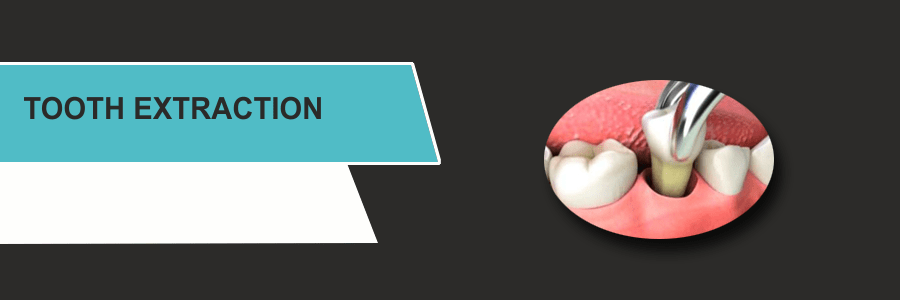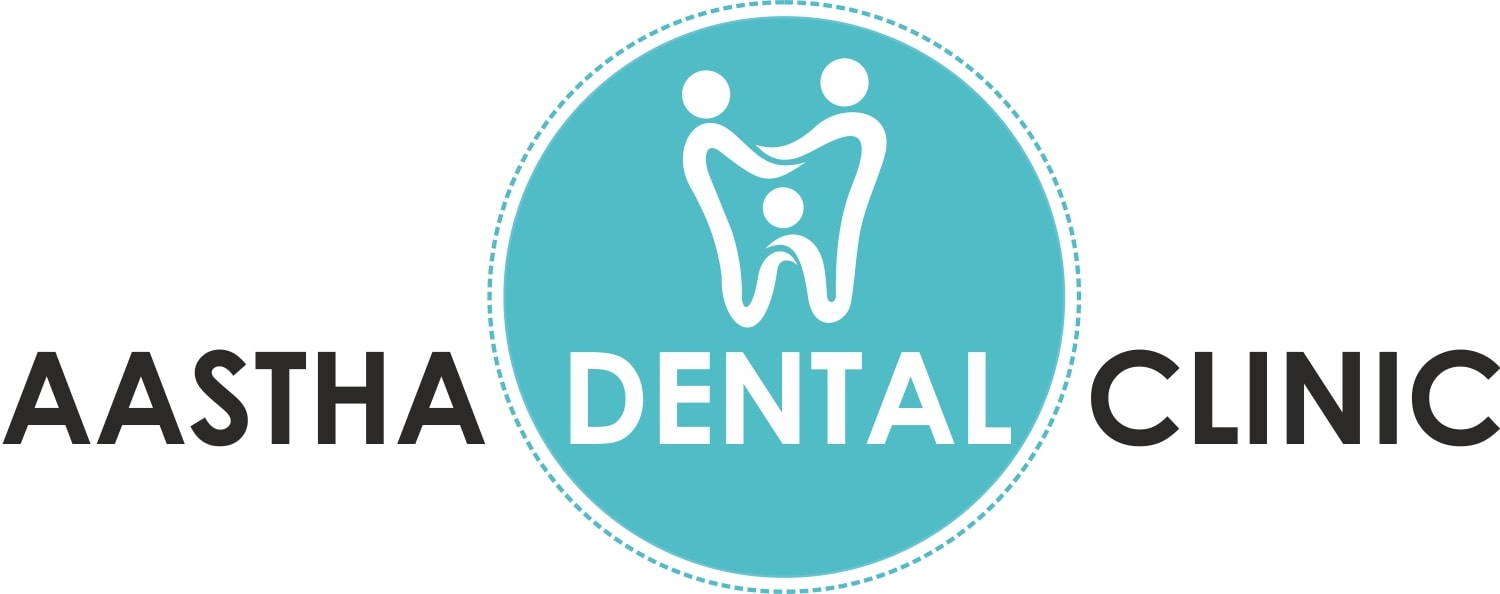
Why is tooth extraction required?
Tooth extraction is the removal of a tooth from its socket in the bone.
If a tooth has been broken or damaged by decay, your dentist will try to fix it with a filling, crown or other treatment. Sometimes, though, there’s too much damage for the tooth to be repaired. In this case, the tooth needs to be extracted. A very loose tooth also will require extraction if it can’t be saved, even with bone replacement surgery (bone graft).
Here are other reasons:
- Some people have extra teeth that block other teeth from coming in.
- Sometimes baby teeth don’t fall out in time to allow the permanent teeth to come in.
- People getting braces may need teeth extracted to create room for the teeth that are being moved into place.
- People receiving radiation to the head and neck may need to have teeth in the field of radiation extracted.
- People receiving cancer drugs may develop infected teeth because these drugs weaken the immune system. Infected teeth may need to be extracted.
- Some teeth may need to be extracted if they could become a source of infection after an organ transplant. People with organ transplants have a high risk of infection because they must take drugs that decrease or suppress the immune system.
- Wisdom teeth, also called third molars, are often extracted either before or after they come in. They commonly come in during the late teens or early 20s. They need to be removed if they are decayed, cause pain or have a cyst or infection. These teeth often get stuck in the jaw (impacted) and do not come in. This can irritate the gum, causing pain and swelling. In this case, the tooth must be removed. If you need all four wisdom teeth removed, they are usually taken out at the same time.
After You’ve Had a Tooth Pulled
Following an extraction, your dentist will send you home to recover. Recovery typically takes a few days. The following can help minimize discomfort, reduce the risk of infection, and speed recovery.
- Take painkillers as prescribed.
- Bite firmly but gently on the gauze pad placed by your dentist to reduce bleeding and allow a clot to form in the tooth socket. Change gauze pads before they become soaked with blood. Otherwise, leave the pad in place for three to four hours after the extraction.
- Apply an ice bag to the affected area immediately after the procedure to keep down swelling. Apply ice for 10 minutes at a time.
- Relax for at least 24 hours after the extraction. Limit activity for the next day or two.
- Avoid rinsing or spitting forcefully for 24 hours after the extraction to avoid dislodging the clot that forms in the socket.
- After 24 hours, rinse with your mouth with a solution made of 1/2 teaspoon salt and 8 ounces of warm water.
- Do not drink from a straw for the first 24 hours.
- Do not smoke, which can inhibit healing.
- Eat soft foods, such as soup, pudding, yogurt, or applesauce the day after the extraction. Gradually add solid foods to your diet as the extraction site heals.
- When lying down, prop your head with pillows. Lying flat may prolong bleeding.
- Continue to brush and floss your teeth, and brush your tongue, but be sure to avoid the extraction site. Doing so will help prevent infection.
When to Call the Dentist
It is normal to feel some pain after the anesthesia wears off. For 24 hours after having a tooth pulled, you should also expect some swelling and residual bleeding. However, if either bleeding or pain is still severe more than four hours after your tooth is pulled, you should call your dentist. You should also call your dentist if you experience any of the following:
- Signs of infection, including fever and chills
- Nausea or vomiting
- Redness, swelling, or excessive discharge from the affected area
- Cough, shortness of breath, chest pain, or severe nausea or vomiting
The initial healing period usually takes about one to two weeks. New bone and gum tissue will grow into the gap. Over time, however, having a tooth (or teeth) missing can cause the remaining teeth to shift, affecting your bite and making it difficult to chew. For that reason, your dentist may advise replacing the missing tooth or teeth with an implant, fixed bridge, or denture.
